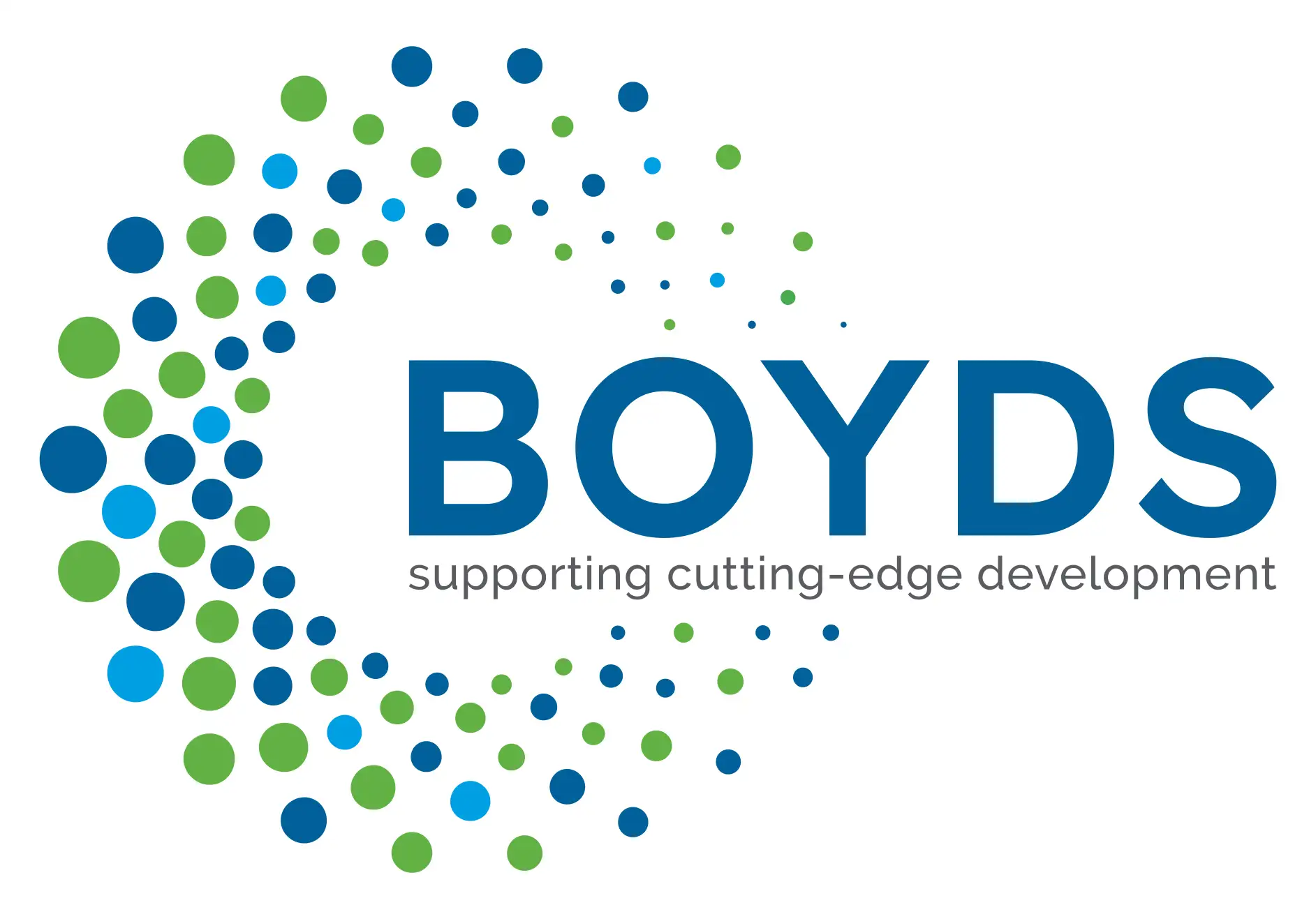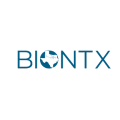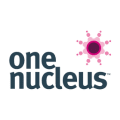In April 2025, the US Food and Drug Administration (FDA) announced plans to phase out animal testing requirements for development of monoclonal antibodies (mAbs) and other drugs, and instead rely on human-relevant methods, such as in silico and in vitro human-based systems, for safety testing.
This release marked the Agency’s first public step towards implementing the tenets described in Version 2.0 of the FDA Modernization Act (FDAMA), which was signed into law on 29 December 2022. This amendment to FDAMA removed the mandate in the Federal Food, Drug, and Cosmetic Act, which required animal testing to establish an investigational medicinal product’s (IMP) safety and proposed efficacy as a prerequisite for Investigational New Drug application (IND) approval.
According to the FDA, the new approach is designed to improve drug safety and accelerate the evaluation process, whilst reducing animal experimentation, lowering research and development (R&D) costs, and ultimately, drug prices.
Animal testing required by the FDA will be reduced, refined, or potentially replaced using a range of approaches, including AI-based computational models of toxicity and cell lines and organoid toxicity testing in a laboratory setting (collectively termed New Approach Methodologies or NAMs data). These may be bolstered by additional innovative platforms such as ex vivo human tissue testing, high-throughput cell-based screening, microdosing in human volunteers, and refined in vivo methods that may utilize fewer numbers of animals, or subject them to less severe procedures.
In addition, to make determinations of an IMP’s efficacy, the agency will begin using pre-existing, real-world safety data from other countries, with comparable regulatory standards, where the drug has already been studied in humans.
According to the roadmap, the FDA intends to initially focus on mAbs, given the stance that the current pre-clinical approach presents both scientific shortcomings and practical challenges. Subsequently, the focus will expand to additional biological molecules, followed by new chemical entities and medical countermeasures.
While implementation of the regimen will begin immediately for IND applications, where inclusion of NAMs data is encouraged, it is important to note that the phasing out of animal testing will be rolled out over the next three to five years. The FDA understands this will be a multi-phasic process, including establishing use cases, targeted development of NAMs, and establishing validation and qualification pathways for these new methods. Further, the FDA understands the need to promulgate new guidance documentation to best formalize their current thinking. In totality, while this represents a tangible step towards the mitigation of animal studies, sponsors should not expect immediate relief from the requirement. Further, sponsors of non-mAb IMPs may not see practical changes to the current IND data expectations for several years.
A detailed scientific roadmap for implementing these plans is available here and is essential reading for drug developers.
Upcoming plans
Over the coming year, the FDA aims to launch a pilot program allowing select monoclonal antibody developers to use a primarily non-animal-based testing strategy, based on strong rationale and under close FDA consultation. Findings from an accompanying pilot study may then inform broader changes (e.g., guidance updates expected to roll out in phases).
In the longer term (within three to five years), the FDA aims to make animal studies the exception rather than the norm for pre-clinical safety and toxicity testing.
Advice for sponsors developing mAbs
For developers of mAbs, the FDA’s roadmap outlines NAMs that may be able to be incorporated into the development process. These include using 3D human tissue models to assess specificity and biological effects, in vitro assays to evaluate cytokine storm risk, and leveraging clinical data from similar approved antibodies to guide dosing and development strategies.
If you are a sponsor developing mAbs, you should review your IMP lifecycle development plan to pinpoint where NAMs are already in use, validated, or in progress. Before implementing new methods meant to provide pivotal data, it’s advisable to consult with the FDA, especially when piloting novel NAMs.
The roadmap also suggests possible incentives for companies adopting NAMs, such as expedited meetings or reviews. Although no formal incentive programme is currently in place, you should look out for future opportunities if such initiatives are launched.
Importantly, despite the changes to animal testing requirements described in FDAMA and in the Roadmap, animal data still represents the gold standard until newer techniques become firmly established as a means for informing an IMP’s benefit-risk profile. As such, sponsors should not yet assume IND clearance based solely upon NAMs data. As noted above, where a translational method or procedure is not yet described in regulation, guidance, or predicate approval memoranda, it remains a best practice to meet and discuss any concerns with FDA regulators to gain concurrence upon a proposed approach.
Looking for regulatory affairs support?
Boyds’ award-winning team of regulatory affairs experts will closely follow developments in this area and will continue to provide updates. With long-standing relationships with the FDA, our regulatory professionals can provide clients with specialist knowledge and guidance to help support their regulatory submissions. Speak to the team today.








